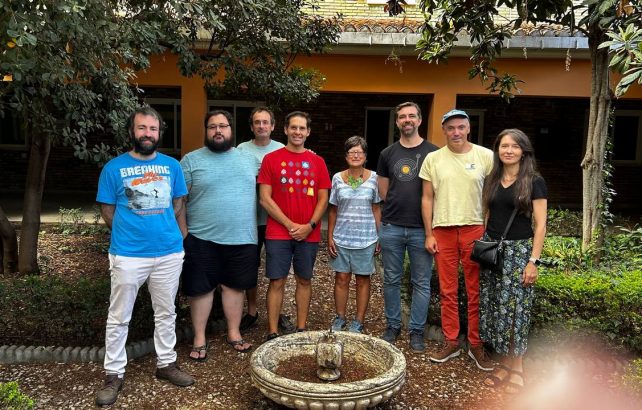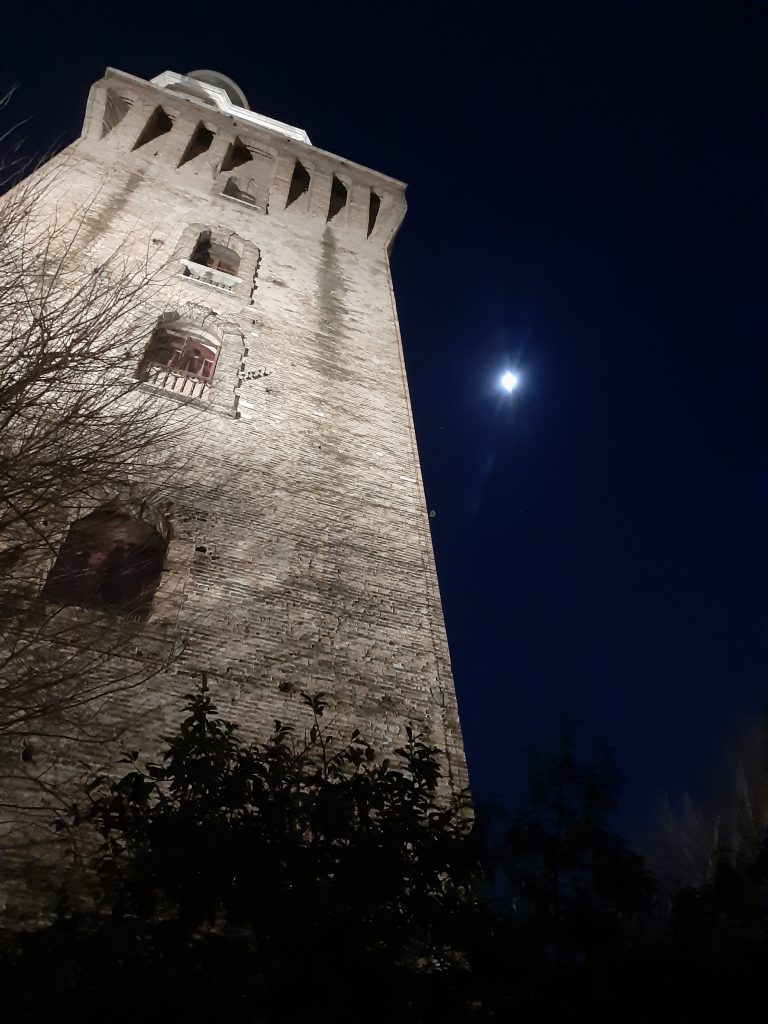Arqus Launches International Mentoring Programme for Early-Stage Researches
 On October 5-6, the second installment of the nine-month international mentoring programme began in Graz, Austria. This programme aims to support the establishment of sustainable mentoring relationships between early career researchers and established researchers across the Arqus partner universities. It is designed for doctoral candidates and early postdocs who are interested in professional support during the first stages of their academic careers.
On October 5-6, the second installment of the nine-month international mentoring programme began in Graz, Austria. This programme aims to support the establishment of sustainable mentoring relationships between early career researchers and established researchers across the Arqus partner universities. It is designed for doctoral candidates and early postdocs who are interested in professional support during the first stages of their academic careers.
In Vilnius University (VU) participated 14 applicants, and two of them were selected for this programme: Ph.D. student Simona Vaškevičiūtė from the Institute of International Relations and Political Sciences and postdoctoral student, astrophysicist Dr. Carlos Viscasilla Vazquez. Dr. Inga Griškova-Bulanova, the chief researcher of the Life Sciences Center, became a mentor for a neurosciences doctoral student from Lyon.
Ph.D. student Simona Vaškevičiūtė learned about the Arqus mentorship programme for doctoral and postdoctoral students because she regularly follows news and activities of this alliance. "I decided to participate in the selection process because I believe that mentors of this programme will provide an exceptional opportunity for collaboration and learning from experienced scientists. I am excited that my research areas are closely related to my mentors at Graz University, which will help strengthen my knowledge and provide feedback on my ongoing doctoral research. We also plan to work together to improve my scientific skills and knowledge, allowing for more effective planning of an academic career," said S. Vaškevičiūtė.

Dr. Carlos Viscasillas Vazquez has been following information about Arqus activities since 2019 when Vilnius University joined the alliance. At that time, as a doctoral student, he regularly read Arqus news and monitored progress. "I was initially drawn to the alliance due to the inclusion of universities such as Padua and Granada, the latter being my home country, both known for their high level of astronomy research. I have friends and collaborators at both institutions, so the interest was mutual. I had highly productive visits to both universities this year. I just returned from the University of Granada, where my colleague Dr. Erika Pakštienė and I are participating in the Arqus alliance seed funding project for researchers' visits. Thanks to this Arqus project, I had the opportunity to talk with my mentor, Dr. Antonio García Hernández, an experienced astrophysicist. Therefore, this funding project and the upcoming mentorship program complement each other excellently and help strengthen international relationships," recalled Dr. Carlos Viscasillas Vazquez.
Dr. C. Viscasillas Vazquez says that he participated in the mentorship programme to exchange knowledge with his colleagues and to contribute to increasing the internationality of the university, especially by building relations between Lithuania and Spain. Having only received his PhD last year, he hopes that the mentoring program can become a great start to a successful research career ahead. The postdoctoral fellow will deepen his knowledge in astroseismology and believes that this program will provide an opportunity for professional growth and will help strengthen relationships with scientists from Granada.
Dr. Inga Griškova-Bulanova, who became a mentor to the neurosciences doctoral student from Lyon, says that this mentorship is a new experience for her. "I decided to participate in Arqus activities because I am interested in seeing how others' lives in science unfold. There is much to learn from such experiences – how to adapt to different environments and act more effectively. In the case of doctoral students, it is relevant if they plan to continue their research and combine it with teaching. I already talked with the student from Lyon, and I feel strong in this field since I have participated in activities of the European Neuroscience Association and other international events for many years. Another aspect is the emotional experience because the student is in France, and I am in Lithuania, I hope to make life easier for the young colleague by sharing my experience. This activity also gives a very nice emotional reward," said dr. Inga Griškova-Bulanova.
For more information about all Arqus activities, please visit here.